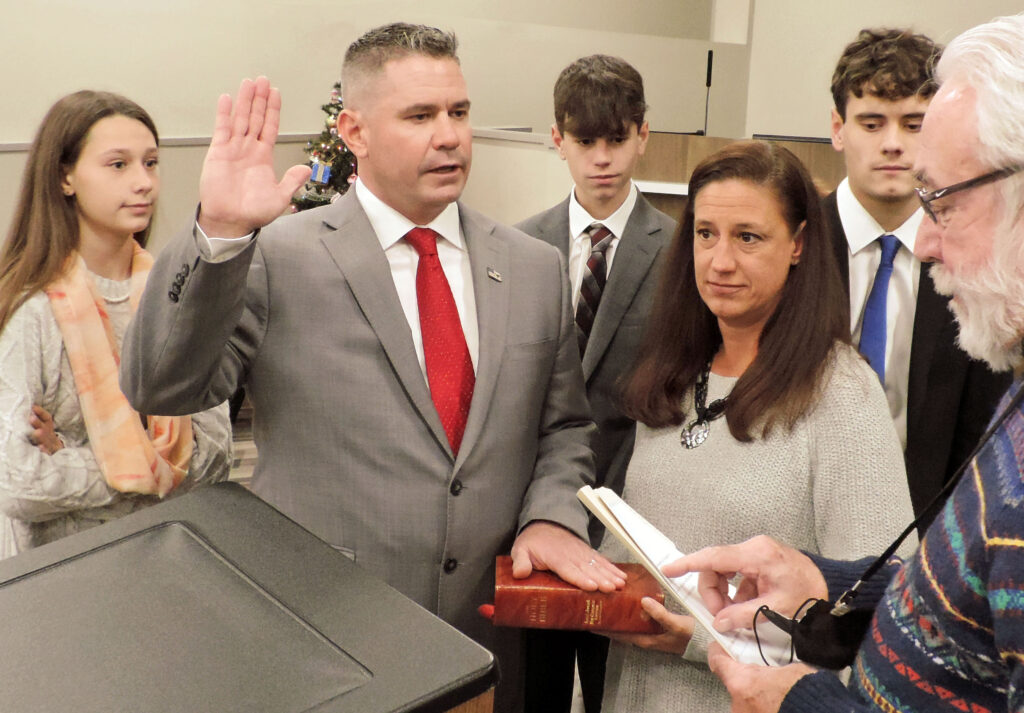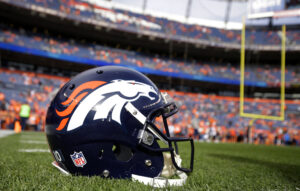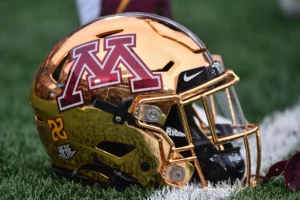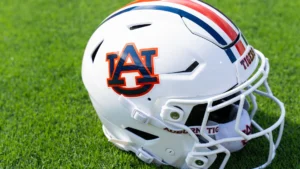
The Battle Over Cleveland Browns’ Future: A Deep Dive into the Stadium Proposal
CLEVELAND, OH — The debate surrounding the future home of the Brook Park Mayor Ed Orcutt has reached a boiling point, with local politicians, community leaders, and residents voicing their opinions on the proposed construction of a new domed stadium. The issue has become a flashpoint in the city’s political landscape, with both Cleveland and Brook Park embroiled in a contentious dialogue over the potential impact of the stadium.
The Proposal: A New Era for the Browns?
At the heart of the debate is the proposal to build a state-of-the-art domed stadium in Brook Park, a suburban community of approximately 18,000 residents. The Browns organization has secured the rights to a parcel of land near an interstate system, which they believe is an ideal location for the new stadium. The project is seen as a way to rejuvenate the area, which has had vacant land for over a decade, and to create a new revenue stream for the city.
However, the proposal has been met with mixed reactions. Proponents argue that the new stadium would bring significant economic benefits to Brook Park, including job creation, increased tourism, and a boost to local businesses. They also believe that a domed stadium would position the Browns as a more competitive team, potentially hosting major events like the Super Bowl, which would further elevate the city’s profile.
Political Tensions: A Land Swap Controversy
The proposal took a surprising turn when Cleveland City Council President Blaine Griffin introduced the idea of a land swap during a radio interview on 92.3 The Fan. Griffin suggested that Cleveland and Brook Park exchange parcels of land, allowing Cleveland to retain the rights to the potential new stadium site. The concept was intended to ensure that Cleveland, the Browns’ longtime home, remains central to the team’s future.
However, the land swap idea was swiftly rejected by Brook Park Mayor Ed Orcutt. Appearing on “The Ken Carman Show With Anthony Lima,” Orcutt expressed his disapproval of the proposal, stating that it was the first time he had heard of such a plan. While he acknowledged that he would consider any deal, he made it clear that his initial response would be a firm “no.”

Orcutt emphasized that the Browns’ proposal to build the stadium on the property they already control is straightforward and aligns with the city’s goal of revitalizing the area. He also countered Griffin’s concerns that Brook Park might struggle to handle the influx of game-day attendees, citing his military background as evidence that he and his city are well-equipped to manage the situation.
Community Concerns: The Impact on Brook Park
The residents of Brook Park are deeply invested in the outcome of this debate. For many, the prospect of a domed stadium brings both excitement and apprehension. On one hand, the stadium could revitalize the local economy, attracting new businesses and improving infrastructure. On the other hand, there are concerns about increased traffic, noise, and the potential strain on city services.
Some residents worry that the character of their community could be altered by the influx of thousands of football fans on game days. Others fear that the benefits of the stadium could be unevenly distributed, with long-time residents potentially displaced by rising property values and rents.
What’s Next? The Road Ahead
As the debate over the Cleveland Browns’ future home continues, both sides remain entrenched in their positions. The Browns organization, eager to move forward with their plans, must navigate the complex political landscape and address the concerns of both Cleveland and Brook Park officials. Meanwhile, the residents of Brook Park will be watching closely, knowing that the decision will have a lasting impact on their community.
In the coming weeks, the conversation is expected to intensify as more stakeholders weigh in on the proposal. Public hearings, community meetings, and further negotiations are likely as both cities seek a resolution that balances the needs of the team, the economic interests of the region, and the well-being of local residents.
The future of the Cleveland Browns’ home remains uncertain, but one thing is clear: the decision will be a defining moment for the city, the team, and the people of Brook Park.






